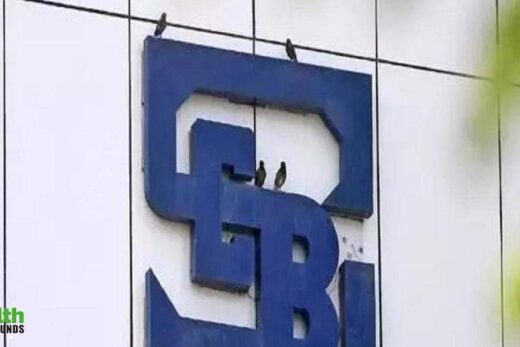Custodians, including CitiBank, Deutsche Bank, HSBC, ICICI Bank and Kotak Mahindra Bank, have reached out to Sebi to postpone the transition from T+2 to T+1 settlement cycle, said people with direct knowledge of the matter. Custodian banks handle funds and securities on behalf of Foreign Portfolio Investors (FPIs).
The custodians have raised concerns around the shorter stock market settlement cycle and how it would pose trouble for both them and FPIs.
Custodians have even told the market regulator that not extending the timelines will result in disruptions.
Sebi’s proposed rule is set to come into force from January 1, which experts say could also impact the currently buoyant stock markets.
“Some of the FPI groups and their associates have requested for postponing T+1 to ensure they get adequate time for developing and implementing necessary systems and cash flow and forex management processes,” said Rajesh H Gandhi, partner, Deloitte India.
CitiBank and Deutsche Bank declined to comment.
Sebi, HSBC, ICICI Bank and Kotak Mahindra bank did not respond to ET’s query.
Both the FPIs and custodians have been seeking more time to comply with the new Sebi mandate that would essentially mean faster turnaround time.
Current regulations allow FPIs to carry out trade and investment activities—including handling of mismatches, obligation matching, margin collection and arranging funds on T+2 basis. That means all trades on the capital markets have to be settled two days after the trade is carried out.
Which also means investors, including FPIs, get hold of the shares two days after the transaction is carried out.
The FPIs are also required to convert USD or any other foreign exchange to INR as mandated by the end of two days.
Sebi now wants to shorten the whole investment and settlement cycle from two days to a day in a hope to improve market efficiency.
Largest capital markets globally, USA, UK and Japan all currently follow T+2 settlement.
The only exception is China, which moved to T0 or T+1 settlement a few years back.
The settlement system globally is for one reason as large investors need to net-off their buy and sell orders at the end of the cycle.
Most FPIs or large investors tend to buy and sell different or in some cases same stock on the same day at different prices.
In the past the cycle used to be as long as a week which was gradually brought down to two days.
Industry trackers say that while the current two days cycle has its own benefits there are also risks to that.
The biggest risk being some players may get insolvent or may not be in a position to square off the trades promised within two days.
As India moves towards becoming a more mature capital market, the regulator seems to be taking a stand that such risks are unnecessary.
India’s capital markets have been at an all time high currently and this bull run may continue for some time if analysts, who are often wrong, are to be believed.
As per a recent report by Goldman Sachs, India’s stock market would continue to grow for next five years. In value terms, India’s share in the global capital markets would grow from 2.8% to 3.5%, the report said.



